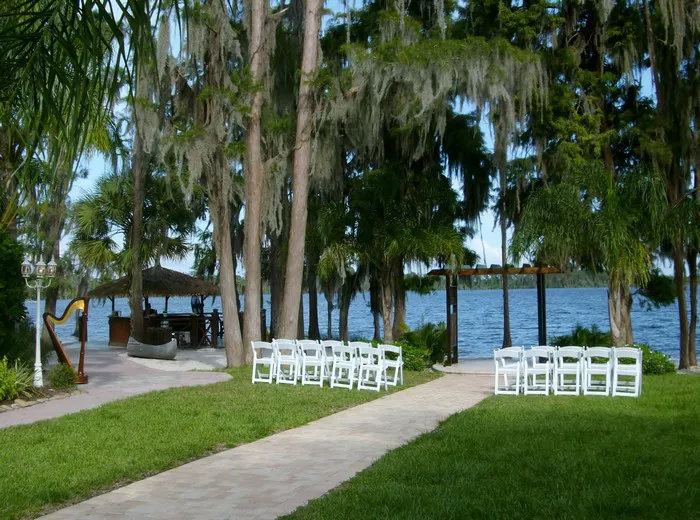NEW YORK, UNITED STATES — A growing number of couples are opting for national parks and remote natural landscapes as the setting for their wedding ceremonies, according to trends in the wedding and travel industries. This rise in outdoor elopements signals a broader shift toward more intimate, experience-driven weddings and a growing interest in sustainable travel practices.
Recent data from Google Trends shows that global search interest in “national park elopement” has surged by over 280% since 2020. A 2024 report by WeddingPro revealed that more than 40% of millennial and Gen Z couples are interested in holding their weddings “in nature” or at “non-traditional locations,” with many citing a preference for privacy, adventure, and less stress.
Post-Pandemic Shift in Wedding Preferences
The COVID-19 pandemic significantly altered the wedding planning landscape. Many couples postponed or canceled large weddings between 2020 and 2022, leading to a reevaluation of the traditional wedding format. As a result, smaller, more intentional ceremonies have gained popularity—not as a fallback, but as the preferred option.
“Couples are no longer prioritizing guest lists or formal receptions,” said a representative from a European wedding planning network. “They’re focusing on emotional connections, memorable locations, and travel experiences that align with their values.”
National parks in the U.S. such as Yosemite, Glacier, Zion, and Olympic are becoming increasingly popular venues for elopements, while international parks in Iceland, Italy, and Canada are also seeing a surge in wedding permits.
Sustainability Drives the Trend
The growing trend of national park weddings reflects a broader rise in eco-conscious consumer behavior. Modern couples are seeking alternatives to large-scale weddings that often require extensive travel, disposable decorations, and contribute to higher carbon emissions. When planned according to guidelines, outdoor ceremonies offer a more environmentally responsible alternative.
Organizations like Leave No Trace and park authorities have established clear protocols for elopements and small weddings in public lands, emphasizing conservation and minimal environmental impact. Wedding vendors and travel professionals working in these areas are increasingly becoming certified and educating clients about responsible practices, including acquiring permits, adhering to visitor limits, and preventing off-trail damage.
The Rise of Multi-Day Elopement Packages
Another emerging trend tied to the popularity of national park weddings is the growing interest in multi-day elopement experiences. Couples are combining their ceremonies with extended travel, often staying several days at the destination and incorporating activities such as hiking, kayaking, or helicopter tours into their celebrations.
According to data from The Knot’s Global Wedding Study, over 35% of couples who eloped in 2024 transformed their weddings into multi-day adventures or honeymoon experiences.
“This isn’t just about the ceremony anymore,” says a spokesperson from a U.S.-based elopement directory. “It’s about creating a meaningful, immersive experience that reflects the couple’s identity.”
The Role of Introversion and Mental Wellness
In addition to motivations related to travel and sustainability, some experts believe that a growing awareness of introversion, neurodiversity, and mental health is contributing to the rise of private, nature-based weddings. For many couples, especially those overwhelmed by social expectations, traditional weddings can feel emotionally taxing.
National park elopements, which typically feature smaller guest lists—or none at all—allow couples to express their love in serene, visually stunning environments without the pressure of a large-scale event. Mental health professionals note that such ceremonies may offer a less stressful and more emotionally meaningful experience, particularly for individuals with social anxiety or neurodivergent traits.
Industry Adaptations and Future Outlook
As demand for national park elopements continues to rise, wedding professionals, travel agents, and park authorities are adjusting to meet the needs of eloping couples. Permit processes are being streamlined, educational resources are expanding, and new travel packages are being developed.
Experts predict that the trend of national park weddings will persist through 2026 and beyond, as destination weddings evolve to embrace more personalized, purpose-driven travel experiences.

